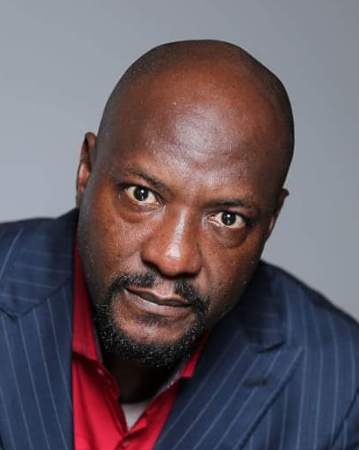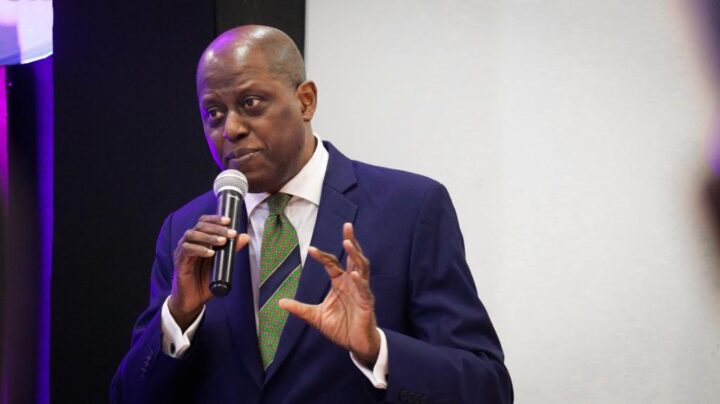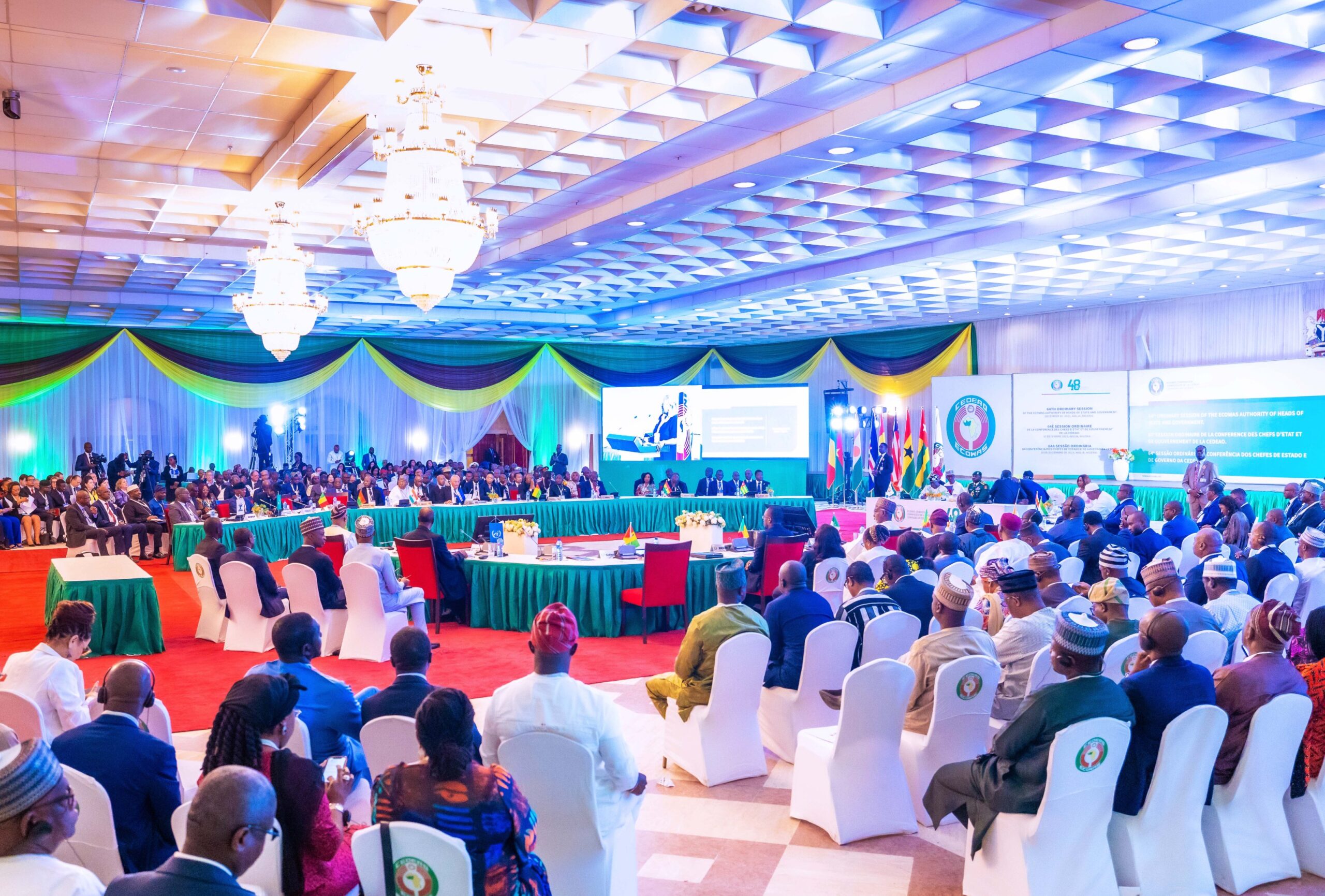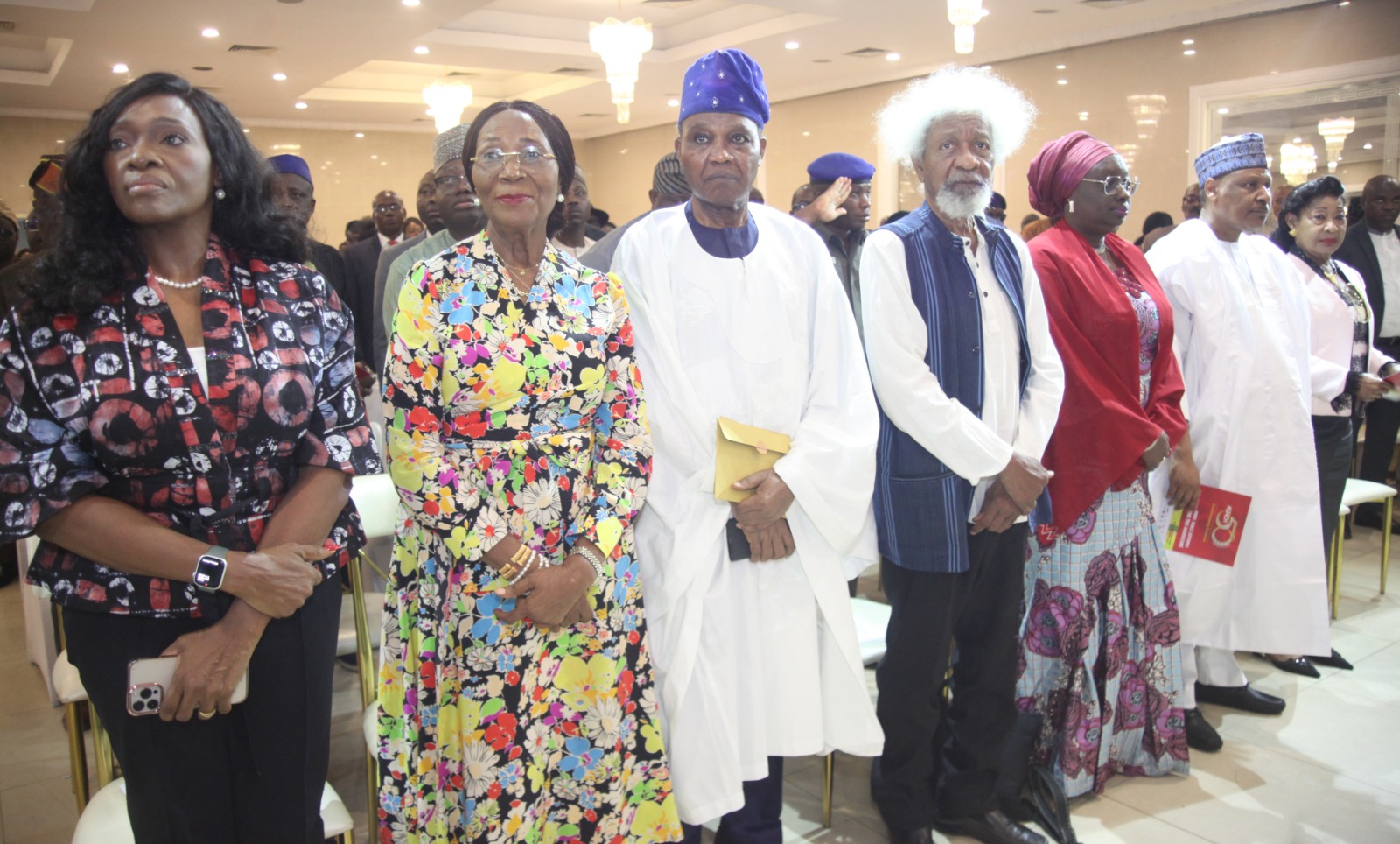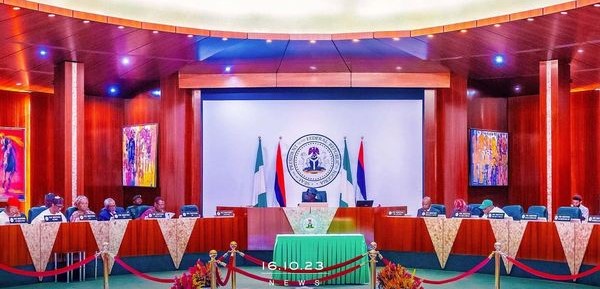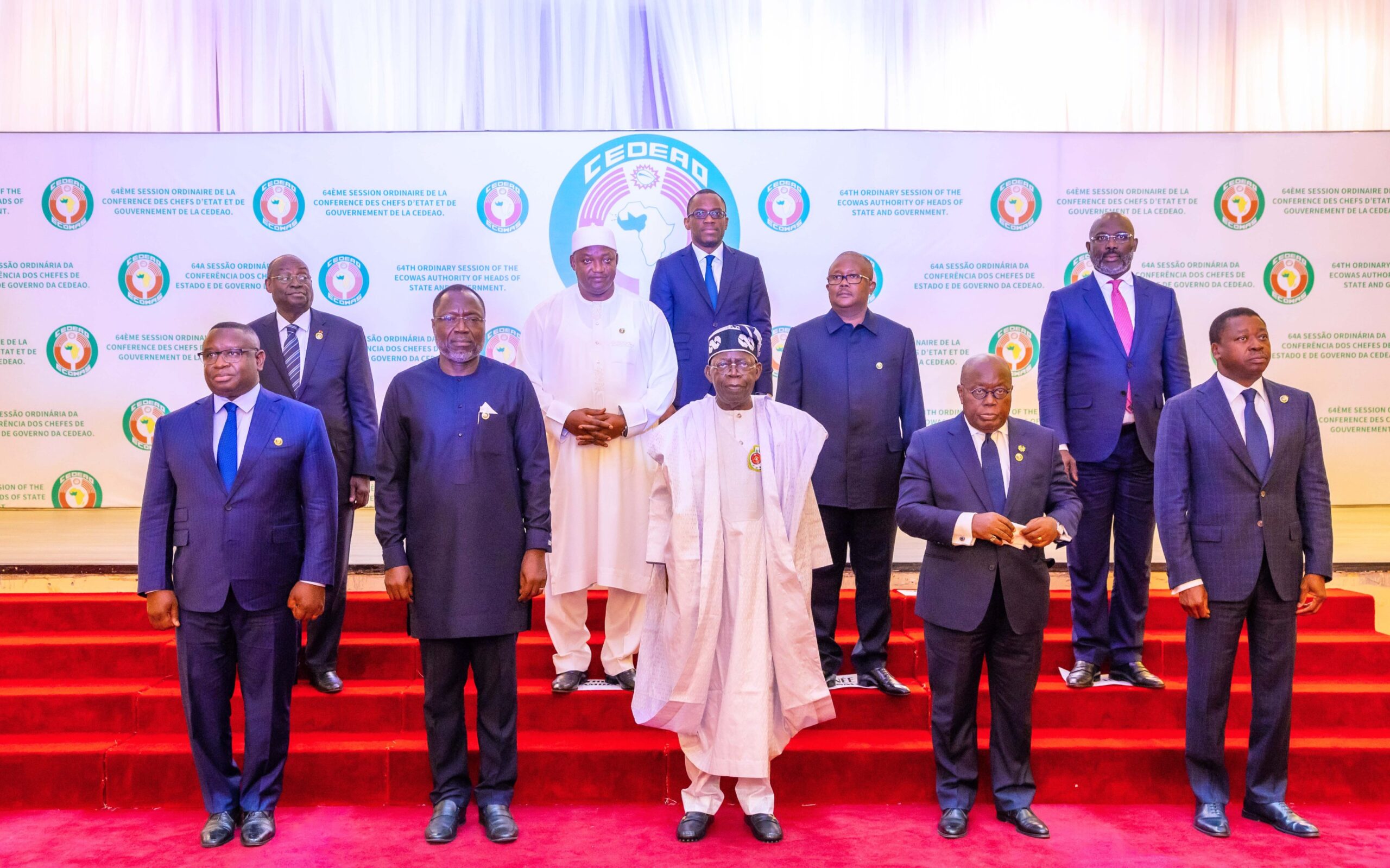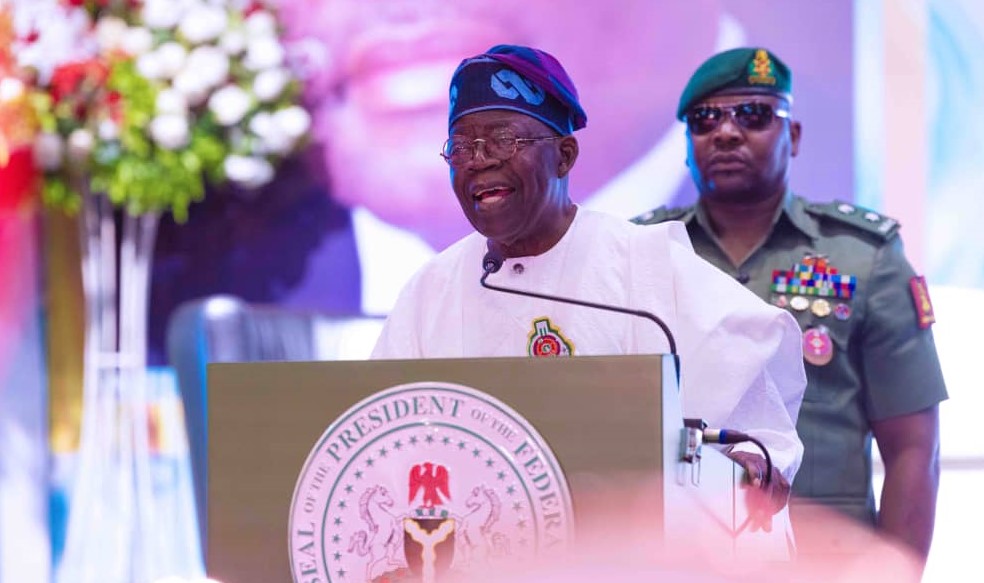Rising from the Monetary Policy Committee meeting of the Central Bank of Nigeria (CBN) on Tuesday, Olayemi Cardoso the CBN governor held a press conference and announced an increase in the Monetary Policy Rate (MPR) which is the benchmark for interest rates used by banks in the country. The MPR was increased by 400 basis points from 18.75% to 22.75 %. As if that wasn’t enough the committee also increased the Cash Reserve Ratio (CRR) from 32.5% to 45% effectively meaning that banks will now be allowed to lend out less money from their deposits and it will be at higher interest rates when they do.
According to the CBN governor, the liquidity tightening exercise was being done to combat inflation which had risen to 29.9% as of January while explaining that the hike in inflation was due to major factors such as rising costs of energy, high fiscal deficits, and lingering security challenges. Ordinarily one would have assumed that having identified the factors causing the inflation, what the CBN or the government should have done was to address those factors rather than tightening the liquidity in the system that has no direct correlation with the present cause of inflation in the country.
However, this will not be the first time that the CBN has resorted to liquidity tightening in their attempts to curb inflation as Prof Kingsley Moghalu a former CBN deputy governor reminded us that during his stint at the CBN, they also applied the same strategy to tackle inflation. While I will defer to Prof Moghalu being a professor of economics who has been involved in managing the economy of the country at the highest level, the rationality of attempting to fight inflation using the liquidity tightening strategy in an economy such as ours eludes me.
Elementary economics tells us that inflation occurs when there is “too much money chasing too few goods”, as a result of this the often-recommended remedy to fight inflation is to reduce the money supply thus the increase in interest rates and CRR to increase the cost of funds and reduce money in circulation.
Advertisement
This works perfectly in the Western world where virtually everyone has access to consumer credit and any increase in interest rates will affect their spending pattern. However, in Nigeria, consumer credit is almost nonexistent in our banking industry and as such increase in interest rates is unlikely to affect consumer spending, rather it will negatively affect businesses and those in the productive sector that we need to produce more so that costs can come down.
Effectively speaking, a hike in interest rates will not affect the spending pattern of an already impoverished society that doesn’t have access to consumer credit. Rather it is those in the productive sector that we need to support to improve their productivity as a way of fighting inflation that will be negatively affected by the interest rate hike as it will increase their cost of production which they will pass on to consumers thus fueling the inflation that the CBN is attempting to curb.
What needs to be done to fight inflation is for the CBN to work hard on stabilizing the exchange rate of the Naira as the falling value of the Naira is the number one cause of inflation in the country today. To achieve this on a sustainable basis, they will have to promote policies that will increase dollar inflows into the country such as promotion of non-oil exports and blocking the leakages in the oil industry.
Advertisement
To promote non-oil exports, the CBN ought to be making more funds available to exporters and encouraging banks to do likewise instead of tightening up the liquidity in the system and making it more difficult for them to access loans at reasonable interest rates. With more funding available to exporters, we can be rest assured that there will be increased foreign exchange inflows into the country which will go a long way to stabilizing the value of the Naira and curbing inflation.
On the side of the federal government, what needs to be done to fight inflation is to take drastic measures to improve the security situation in the country so that farmers can return to their farms and increase food production. On the issue of the high fiscal deficit, this is probably the second highest cause of inflation in the country today as demonstrated by the fiscal irresponsibility of the Buhari administration that illegally obtained over 23 trillion Naira in ‘Ways and Means’ advances from the CBN for reasons that we are yet to unravel. Sadly, the current administration has continued to increase the deficit as evidenced by this year’s over-bloated budget.
To fight inflation, the federal government needs to make massive cuts in its expenditure budget to reduce the deficit while also stopping taking loans from our local banks to fund their excesses and crowding out the productive sector from getting access to the same loans.
The CBN needs to reverse itself on the MPR and advise the federal government on the need to tackle the real issues causing inflation as they have identified instead of punishing the productive sector with higher interest rates for the sins committed by the federal government.
Advertisement
Oshobi, a development economist, author, and management consultant writes from Lagos.
Views expressed by contributors are strictly personal and not of TheCable.
Add a comment
